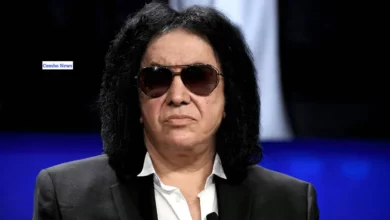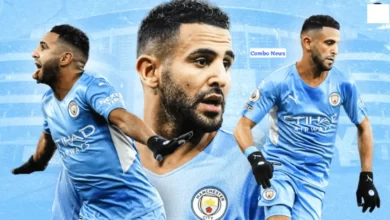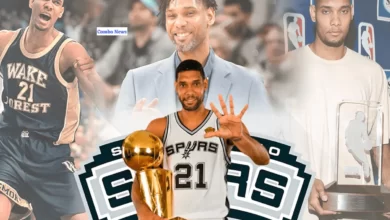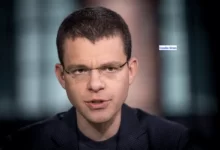Ratan Tata Biography – Age, Education, Personal Life, Career, Net Worth, Assets and Awards
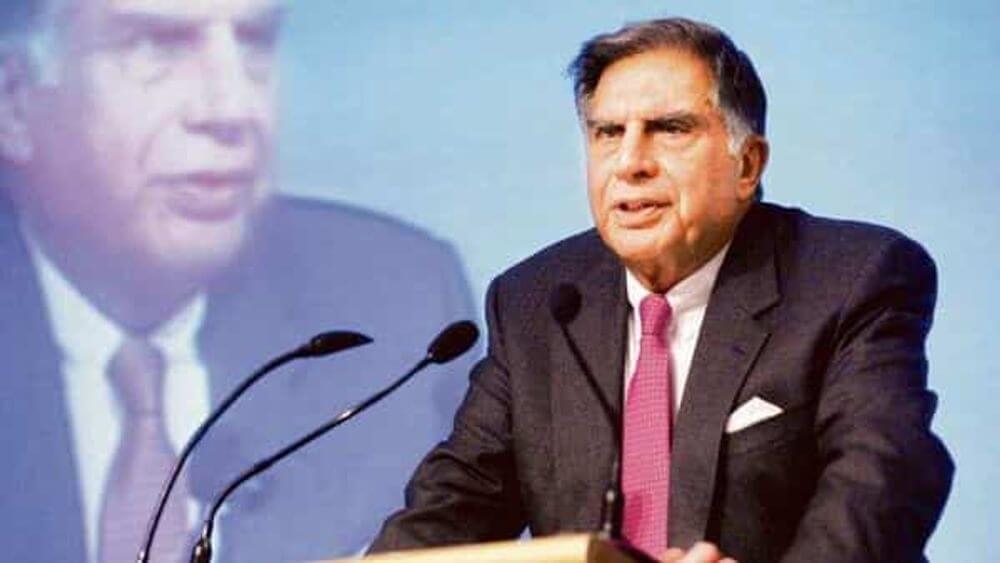
Table of Contents
Ratan Tata and his Family
An iconic Indian industrialist, Ratan Tata, has been a stalwart of the Indian business ecosystem. Born on 28 December 1937 in Bombay, British India (present-day Mumbai), Ratan Tata is the son of Naval Tata and Sooni Commissariat. They got separated when Ratan Tata was 10 years old. He was then formally adopted by his grandmother and widow of Sir Ratanji Tata– Navajbai Tata– through the J. N. Petit Parsi Orphanage. Ratan Tata was raised with his half-brother Noel Tata (son of Naval Tata and Simone Tata).
The 85-year-old attended Campion School, Mumbai, Cathedral and John Connon School, Mumbai, Bishop Cotton School, Shimla, and Riverdale Country School in New York City. He is an alumnus of Cornell University and Harvard Business School.
Education
A member of a prominent family of Indian industrialists and philanthropists (see Tata family), he was educated at Cornell University, Ithaca, New York, where he earned a B.S. (1962) in architecture before returning to work in India. He gained experience in many Tata Group businesses and was named director in charge (1971) of the National Radio and Electronics Co. He became chairman of Tata Industries a decade later and in 1991 succeeded his uncle, J.R.D. Tata, as chairman of the Tata Group.
Personal Life
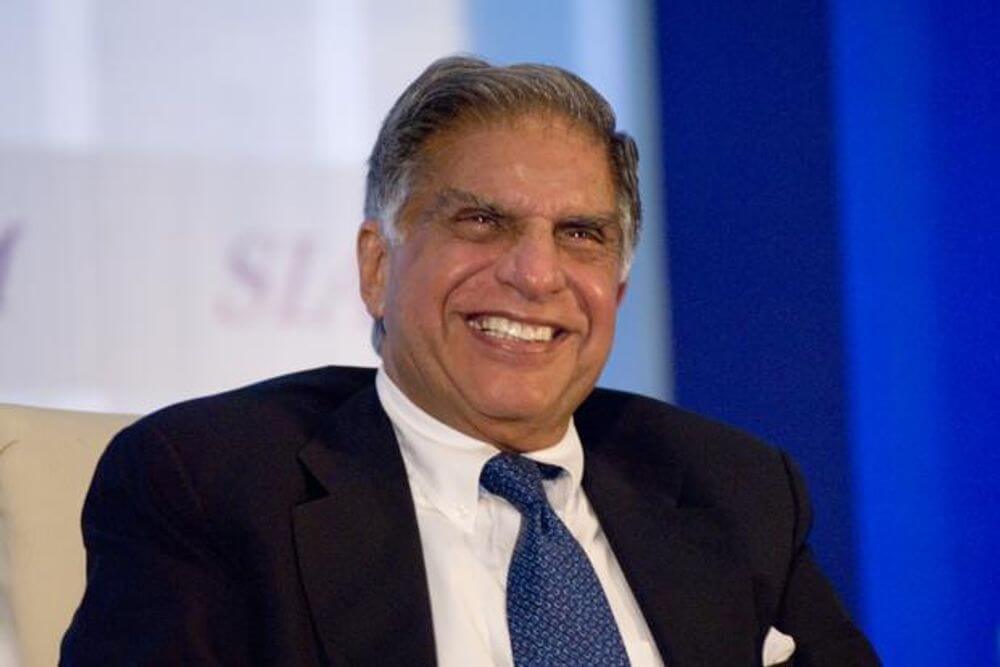
“I came close to getting married four times, and each time I backed off in fear or for one reason or another,” said Ratan Tata in 2011.
He once loved a girl in Los Angeles while working there and returned to India as his family member was ill. Unfortunately, the girl’s parents didn’t allow her to go to India. However, Tata stood by his commitment and is unmarried to date.
Career
Ratan Tata as Chairperson of Tata Sons,
When JRD Tata stepped down as the chairperson of Tata Sons in 1991, he named Ratan Tata his successor. However, he faced stiff resistance from many companies heads who spent decades in their respective companies. So Tata began replacing them by setting a retirement age. In addition, he made it compulsory for each company to report to the group office. Under his leadership, the overlapping companies of Tata Sons were streamlined into a synergized whole.
During his 21 years of stewardship, revenues grew over 40 times and profit over 50 times. In addition, he got Tata Tea to acquire Tetley, Tata Motors to acquire Jaguar Land Rover, and Tata Steel to acquire Corus, turning the organization from a largely India-centric group into a global business.
He also conceptualized the Tata Nano car. The car was capped at a price that was within reach of the average Indian consumer.
Upon turning 75, Ratan Tata stepped down as the Chairperson of Tata Sons on 28 December 2012. Cyrus Mistry was named his successor; however, the Board of Directors and Legal division voted for his removal on 24 October 2016, and Ratan Tata was then made the group’s interim chairman.
Ratan Tata, TVS Group head Venu Srinivasan, Amit Chandra of Bain Capital, former diplomat Ronen Sen, and Lord Kumar Bhattacharya were formed to find the successor of Ratan Tata. The committee named Natarajan Chandrasekaran as the Chairperson of Tata Sons on 12 January 2017.
Ratan Tata invested his savings in Snapdeal, Teabox, and CashKaro.com. He also invested in Ola Cabs, Xiaomi, Nestaway, and Dogspot.
Philanthropic Work of Ratan Tata,
Being a supporter of education, medicine, and rural development, Ratan Tata supported the University of New South Wales Faculty of Engineering to improve water for challenged areas.
Tata Education and Development Trust endowed a $28 million Tata Scholarship Fund to allow Cornell University to provide financial aid to undergraduate students from India. The annual scholarship will support approximately 20 students at a given time.
Tata Group companies and Tata charities donated $50 million in 2010 to Harvard Business School (HBS) to construct an executive centre.
Tata Consultancy Services (TCS) donated $35 million to Carnegie Mellon University (CMU) to research cognitive systems and autonomous vehicles. It is the largest ever donation by a company, and the 48,000 square-foot building is called TCS Hall.
Tata Group donated Rs. Nine hundred fifty million to the Indian Institute of Technology, Bombay, in 2014 and formed Tata Center for Technology and Design (TCTD). It was the largest ever donation received in the history of the institute.
Tata Trusts also provided a grant of ₹750 million to the Centre for Neuroscience, the Indian Institute of Science, to study mechanisms underlying the cause of Alzheimer’s disease and to evolve methods for its early diagnosis and treatment.
Tata Group also formed the MIT Tata Center of Technology and Design at Massachusetts Institute of Technology (MIT) to address the challenges of resource-constrained communities, with an initial focus on India.
Net Worth
The total net worth of Mr Ratan Tata is diversified, but still, it includes a huge amount of wealth from various sources. The net worth of Mr Ratan Tata is estimated to be 1 billion USD, which in Indian currency is approximately 7416 Crore Indian Rupee (i.e. approx Seven Thousand Four hundred Crore INR). However, Ratan Tata is not on the list of the Billionaire club because 65% ownership of Tata Sons, which is the key holding company of the other 96 TATA Group Company, is held by various charitable organizations. So, this 65% ownership of Tata Sons Limited is not reflected on Ratan Tata’s Financial Statement but the various philanthropic organizations.
Ratan Tata Assets:
Ratan Tata House: Mr. Ratan Tata Resides in Mumbai, India. He bought this Luxury Home in the year 2015. The Estimated Value of this Real Estate Property is around Rs. 150 Crores. He owns Multiple Properties across India.
Car Collection
- Ferrari California ( Worth Rs. 4 Cr. )
- Land Rover Free Lander ( Worth Rs. 50 Lac )
- Mercedes Benz SL 500 ( Worth Rs. 1.10 Cr. )
- Jaguar XF ( Worth Rs. 52 Lac )
Ratan Tata Quotes
- “I don’t believe in taking the right decisions. I take decisions and then make them right.”
- “If you want to walk fast, walk alone. But if you want to walk far, walk together.”
- “I’ve often felt that the Indian Tiger has not been unleashed.”
- “People still believe what they read is necessarily the truth.”
- “If it stands the test of public scrutiny, do it… If it doesn’t stand the test of public scrutiny then don’t do it.”
- “Power and wealth are not two of my main stakes.”
- “I have been constantly telling people to encourage people, to question the unquestioned and not to be ashamed to bring up new ideas, new processes to get things done.”
- “None can destroy iron, but its own rust can! Likewise none can destroy a person, but its own mindset can!”
- “Business need to go beyond the interest of their companies to the communities they serve.”
- “Ups and downs in life are very important to keep us going, because a straight line even in an ECG means we are not alive.”
- “Apart from values and ethics which I have tried to live by, the legacy I would like to leave behind is a very simple one – that I have always stood up for what I consider to be the right thing, and I have tried to be as fair and equitable as I could be.”
- “I admire people who are very successful. But if that success has been achieved through too much ruthlessness, then I may admire that person, but I can’t respect him.”
- “There are many things that, if I have to relive, maybe I will do it another way. But I would not like to look back and think what I have not been able to.”
- “Don’t be serious, enjoy life as it comes.”
- “I have always been very confident and very upbeat about the future potential of India. I think it is a great country with great potential.”
- “One hundred years from now, I expect the Tatas to be much bigger than it is now. More importantly, I hope the Group comes to be regarded as being the best in India.. best in the manner in which we operate, best in the products we deliver, and best in our value systems and ethics. Having said that, I hope that a hundred years from now we will spread our wings far beyond India.”
- “Take the stones people throw at you, and use them to build a monument”
- “I followed someone who had very large shoes. He had very large shoes. Mr. J. R. D. Tata. He was a legend in the Indian business community. He had been at the helm of the Tata organization for 50 years. You were almost starting to think he was going to be there forever.”
- “Young entrepreneurs will make a difference in the Indian ecosystem.”
- “I would say that one of the things I wish I could do differently would be to be more outgoing.”
- “The strong live and the weak die. There is some bloodshed, and out of it emerges a much leaner industry, which tends to survive.”
- “At Tatas, we believe that if we are not among the top three in an industry, we should look seriously at what it would take to become one of the top three players.. or think about exiting the industry”
Also Read: Salman Khan Biography – Height, Age, Girlfriends, Family, Biography & More

